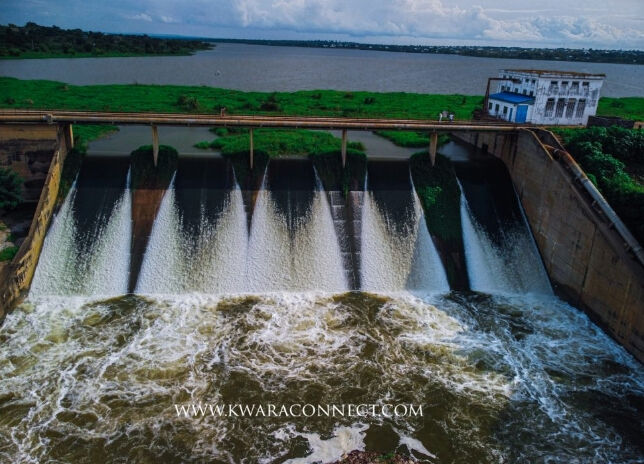Nigeria Seeks World Bank $500mln Loan for Dam safety, Water Resources
According to the World Bank’s Project Information Document (PID) the loan is expected to address the country’s water security challenges and boost agricultural productivity through the Sustainable Power and Irrigation for Nigeria Project (SPIN).
The loan will be applied on four critical areas that include institutional strengthening and capacity building; irrigation modernization; improvements in dam operations and safety as well as project management to reinforce federal and state institutions responsible for water resource management.
It also includes developing national dam safety guidelines, training for water resources and irrigation management, and creating a comprehensive hydropower master plan.
For the second area of the project, the federal government plans to rehabilitate and modernize 40,000 hectares of irrigated land. It will also establish and empower Water User Associations (WUAs) to manage irrigation schemes efficiently.
The third area will focus on rehabilitating and enhancing the safety of priority dams, including conducting risk assessments, preparing emergency action plans, and implementing structural safety improvements.
The final area is to ensure effective project implementation, monitoring, and evaluation, this component includes establishing a Federal Project Management Unit (FPMU) and Technical Units (TUs) at both federal and state levels.
The document noted that the country has over 400 dams, many of which are in dire need of rehabilitation.
It was also stated that the devastating 2022 floods, which caused an estimated $6.7 billion in economic damage, underscored the urgent need for improved dam safety and water management.
Agriculture, a cornerstone of Nigeria’s economy contributing approximately 25.58% to the GDP, heavily relies on water resources. However, productivity is often hampered by water scarcity and climate change impacts. The SPIN project aims to modernize irrigation infrastructure, thereby enhancing agricultural output and food security.
The Federal Ministry of Water Resources and Sanitation (FMWRS) will lead the project, working closely with the Federal Ministry of Power (FMP) and participating state governments. An inter-ministerial Project Steering Committee (PSC) will oversee the project, ensuring coordination and effectiveness.
So far, Nigeria has secured a total of $4.95 billion in loans from the World Bank under the administration of President Bola Tinubu amid concerns over the country’s rising external debt servicing costs.
Not less than six loan projects have been approved and they include loans for power ($750 million), women empowerment ($500 million), girl’s education ($700 million), renewable energy ($750 million), economic stabilization reforms ($1.5 billion) and resource mobilization reforms ($750 million), according to findings by Nairametrics.
Data from the external debt stock report of the Debt Management Office (DMO) shows that Nigeria owes the World Bank a total of $15.59 billion as of March 31, 2024.

